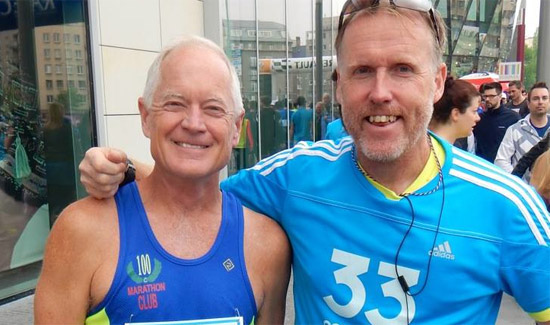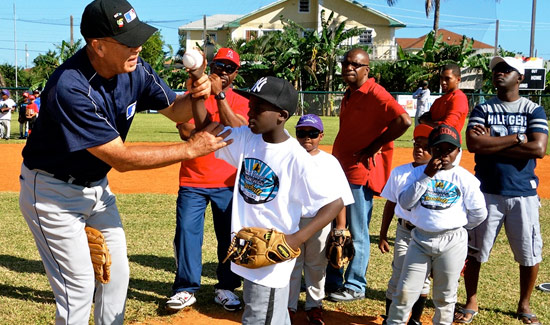LONG ISLAND, Bahamas — Shouts of “Breathe! Breathe! Breathe!” pierced the tropical air and echoed off the limestone precipice around Dean’s Blue Hole, a vertical cavern plunging 660 feet, a cobalt blue pool of seawater surrounded by crystal-clear shallows and white sand.
Bathing-suit clad spectators stand in ankle-deep water, at the precipice of the deepest blue hole in the world and only 20 yards from the diving platform, where world-class freedivers are descending to the edge of credibility at Vertical Blue 2011, an annual invitational competition that ends Monday.
“Freediving might be considered extreme, because it takes place in an environment hostile to the human body, but at the same time, it is peaceful, natural and pure,” said William Trubridge, 30, a world-champion freediver and trainer from New Zealand.
This is one of many contradictions in the extreme sport of freediving, in which competitors see how deep they can go on a single breath without benefit of a breathing apparatus. Divers must resist the near overwhelming instinct to take in air, then, once they resurface, must often be prodded to start breathing again.
He emerged after 4 minutes 13 seconds with a world record, measured in meters at 121.
The dangers and potential hazards from the extreme pressure of a deep dive are many. Breath holding fills the body with a toxic cocktail of gases that is compressed and then forced into the bloodstream and nervous system with increasing pressure as a freediver descends.
“Ninety-nine percent of problems happen at or near the surface,” said Ben Weiss, 37, a software developer and safety diver for Vertical Blue 2011. “When the diver is resurfacing between 10 and 5 meters, the oxygen in the blood drops quickly. It is like standing up too fast.”
Way too fast. A diver can black out, which is grounds for disqualification in freediving events.
The organization responsible for recording the competition, the Association Internationale pour le Développement de l’Apnée, known as AIDA, employs extensive safety measures to protect the competitors.



